Category:
Service Delivery
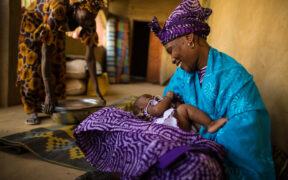
Gain insights on the vital role of Senegal's self-care guidelines and their impact on reproductive health goals. And, delve into the intersection of knowledge management and self-care guidelines, showcasing the collaborative efforts between Senegal and Knowledge SUCCESS.

Obtenez des perspectives sur le rôle essentiel des directives d'auto-soins du Sénégal et leur impact sur les objectifs de santé reproductive. Plongez également dans l'intersection entre la gestion des connaissances et les directives d'auto-soins, mettant en lumière les efforts collaboratifs entre le Sénégal et Knowledge SUCCESS.
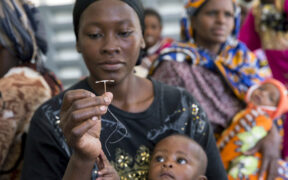
This article highlights the evolving landscape of family planning and reproductive health in Kenya, shedding light on the significant progress made while addressing persisting challenges.

At Knowledge SUCCESS, we work closely with family planning and reproductive health (FP/RH) projects around the world to support their knowledge management (KM) efforts—that is, to share what works and what doesn’t work in programs, so we can learn from each other, adapt and scale up best practices, and avoid repeating past mistakes.
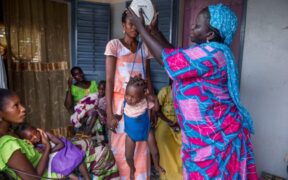
e 17 août, Knowledge SUCCESS et le FP2030 NWCA Hub ont organisé un webinaire sur les indicateurs de planification familiale post-partum et post-avortement (PPFP/PAFP) qui a promu les indicateurs recommandés et mis en lumière des exemples de mise en œuvre réussie par des experts au Rwanda, au Nigéria et au Burkina Faso.
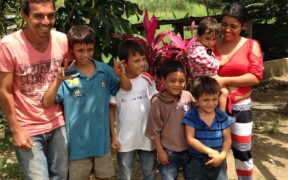
En Ecuador, si bien ha habido importantes avances políticos que reconocen a las personas con discapacidad (PCD) como titulares de derechos, persisten muchas situaciones de exclusión debido a las condiciones de pobreza o pobreza extrema que afectan a muchas PCD, y el acceso real a la salud de las PCD sigue sin lograrse.

In Ecuador, while there have been significant policy advances that recognize persons with disabilities (PWD) as rights holders, many situations of exclusion persist due to conditions of poverty or extreme poverty that affect many PWD, and real access to health for PWD remains unachieved.
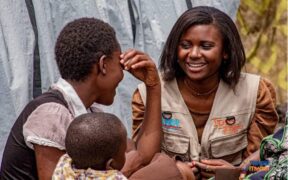
Gender inequality and gender-based violence (GBV) are serious concerns for refugees from the DRC. In the spring of 2022, the conflict in Eastern DRC escalated when the Mouvement du 23 Mars (M23) rebel military group engaged in fighting with the government in the North-Kivu province.
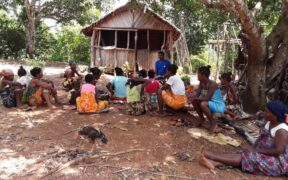
Blue Ventures started integrating health interventions, addressing a huge unmet need for family planning. We came to understand that we were addressing a health need which is part of a broader ecosystem consisting of conservation, health, livelihood, and other challenges.

Season 6 of Inside the FP Story highlights the importance of considering the larger sexual and reproductive health context when providing family planning and contraceptive services.













